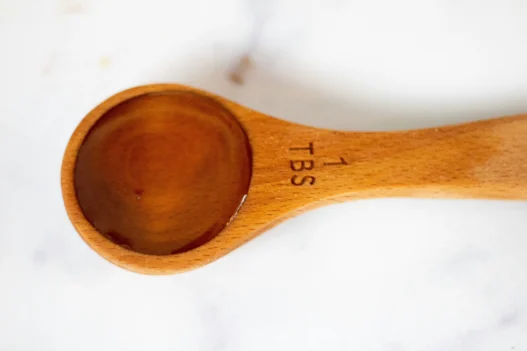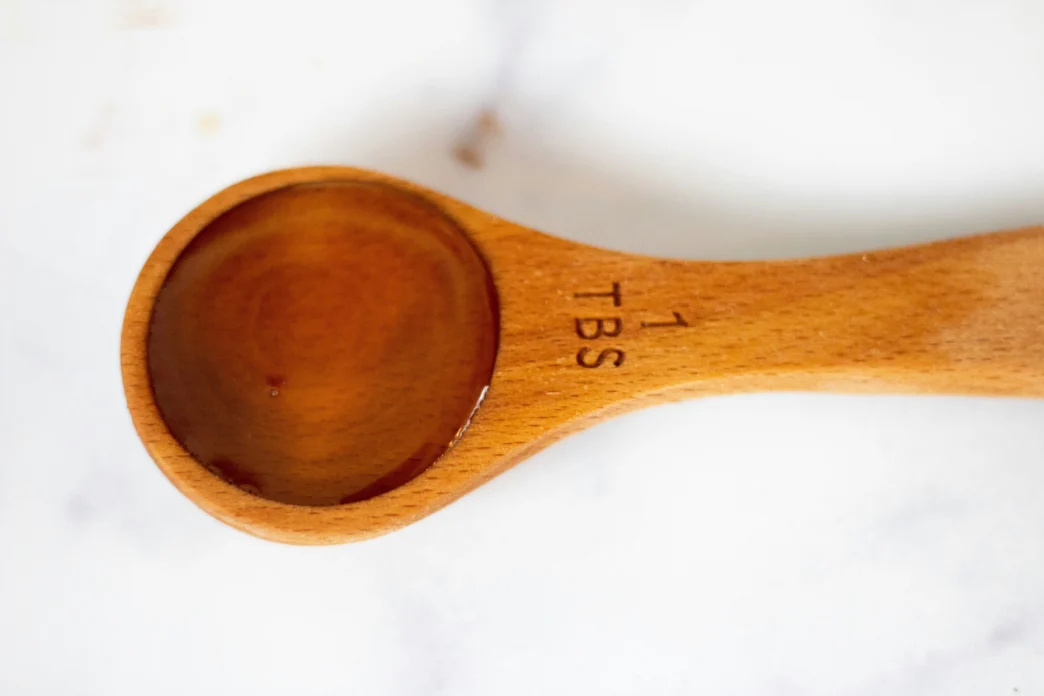Nin Jiom Pei Pa Koa, commonly known simply as Nin Jiom, is a traditional Chinese herbal remedy that has gained widespread acclaim for its effectiveness in soothing sore throats and alleviating coughs.
Originating from a centuries-old recipe, this syrup combines natural ingredients with modern manufacturing techniques to offer relief from various respiratory ailments. As cold and flu season persists, understanding the capabilities and limitations of such remedies is essential for those seeking natural alternatives to conventional medicines.
This article examines the Nin Jiom Cough Syrup to provide an overview of ingredients and usage guidelines.
Table of Contents
Medicinal Ingredients
Medicinal ingredients are the substances in a pharmaceutical product that exert a therapeutic effect to treat, prevent, or diagnose diseases and health conditions. These ingredients are specifically intended to have a direct impact on the body’s systems and are responsible for the beneficial effects described on the product’s label.
Nin Jiom Cough Syrup has many active medicinal ingredients:
- Honey is widely appreciated in cough syrups for its soothing effects on the throat, alongside its antibacterial properties that can combat mild throat infections. It coats the throat to ease irritation caused by coughing, providing a smooth, comforting sensation.
- Licorice root is valued for its therapeutic benefits in respiratory care, acting as an expectorant to loosen and clear mucus while soothing sore throats and reducing irritation, making it a critical component in cough remedies.
- Loquat leaf has been used in traditional medicine to enhance respiratory health, with compounds that help thin respiratory secretions for easier clearance, effectively aiding in cough relief.
- Pummelo peel, often utilized in traditional Chinese medicine, is reputed for its expectorant capabilities. It assists in breaking down and expelling mucus, facilitating easier breathing.
- Thinleaf milkwort root is used for its immune-boosting and anti-inflammatory properties, believed to strengthen the body’s defenses while soothing inflamed tissues within the throat and lungs.
- Platycodon root is commonly employed to treat coughs and expel phlegm, recognized for its ability to clear the lungs and facilitate easier breathing, especially in cough suppressant formulations.
- Fourleaf ladybell root is incorporated in herbal remedies for its benefits in nourishing the lungs, soothing sore throats, and facilitating the elimination of phlegm, enhancing respiratory health.
- Indian bread, or poria, a fungus used for its diuretic and spleen-strengthening effects, plays a role in managing body moisture and promoting respiratory health within the context of cough syrups.
- Prepared pinellia tuber is known for its expectorant properties, crucial for clearing mucus from the lungs and widely used in Chinese medicine to address coughs and phlegm.
- Snakegourd seed is traditionally utilized in treating respiratory ailments, believed to aid in phlegm dissipation and cough relief, thus improving breathing comfort.
- Fresh ginger rhizome offers significant anti-inflammatory benefits and acts as an expectorant, warming the respiratory tract, reducing mucus viscosity, and facilitating its removal.
- Chinese magnoliavine fruit (schisandra) is recognized for its adaptogenic effects, aiding the body in handling physical and emotional stress while potentially enhancing lung function and boosting resistance to diseases.
- Menthol, derived from peppermint oil, provides a cooling effect that soothes the throat and reduces cough reflex, acting as a mild anaesthetic to alleviate irritation during coughing episodes.
Each medicinal ingredient is typically tested for efficacy and safety through clinical trials and is approved by health regulatory agencies before the product can be marketed. These ingredients may be isolated from natural sources, synthesized in a laboratory, or produced biotechnologically, depending on the specific substance and its intended use.
Non-Medicinal Ingredients
Non-medicinal ingredients, also known as inactive ingredients or excipients, are substances included in a pharmaceutical product that do not have therapeutic effects to treat, prevent, or diagnose conditions but are essential for various other purposes. These ingredients are used to aid the formulation by improving the taste, stability, absorption, or appearance of the medication
Nin Jiom Cough Syrup contains the following non-medicinal ingredients:
- Sucrose is a key sweetener in Nin Jiom, enhancing the syrup’s palatability, particularly for those sensitive to the bitter taste often associated with herbal remedies. It makes the medication more appealing and easier to consume, especially for those who might otherwise be deterred by the natural bitterness of the herbs.
- Purified water serves as the foundational base for many liquid medications, including Nin Jiom. It dissolves and distributes both active and inactive ingredients evenly throughout the syrup, ensuring consistency in taste and therapeutic effectiveness in every dose.
- Maltose, another sweetening agent used in Nin Jiom, offers a subtler sweetness compared to sucrose. This helps balance the overall flavour profile, making the syrup more acceptable to various palates. Maltose also contributes to the syrup’s viscous texture, which is beneficial for coating the throat and providing a soothing sensation.
- Caramel is primarily used to give Nin Jiom its characteristic dark colour, maintaining the traditional look that users recognize and trust. Beyond its aesthetic role, caramel adds a hint of burnt sugar flavour, enhancing the complexity and depth of the syrup’s taste.
- Flavour, as a generic term, refers to additional taste-enhancing agents included in Nin Jiom to improve its sensory appeal. These flavours are carefully selected to mask the strong herbal components, ensuring the syrup is enjoyable to consume while complementing the natural herbal notes without overwhelming them.
How to Use
Follow the dosing instructions on the product label or as advised by a healthcare professional. For adults, the standard dosage is approximately two teaspoons every four to six hours. It is crucial not to exceed the daily maximum dosage specified on the label.
Use a measuring device provided with the syrup to ensure accurate dosing. Household spoons are not recommended as they can vary in size, potentially leading to incorrect dosage.
Do not use Nin Jiom Cough Syrup for longer than the period recommended on the label, typically no more than seven days. If symptoms persist beyond this period or worsen, consult a healthcare provider. Prolonged use without professional advice may mask more serious underlying conditions.
If symptoms do not improve or severe side effects occur, seek medical advice promptly.
Learn about other cough syrup in Canada:














